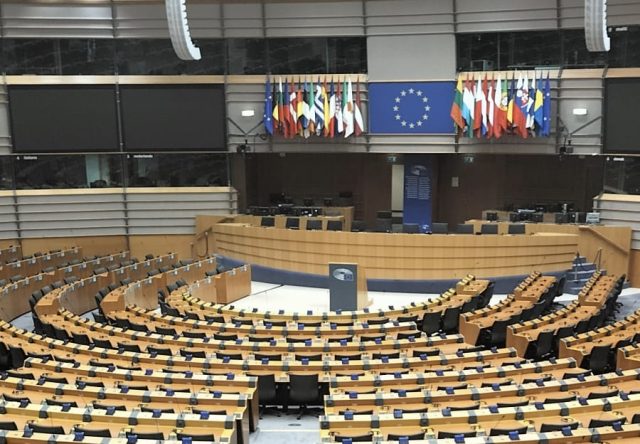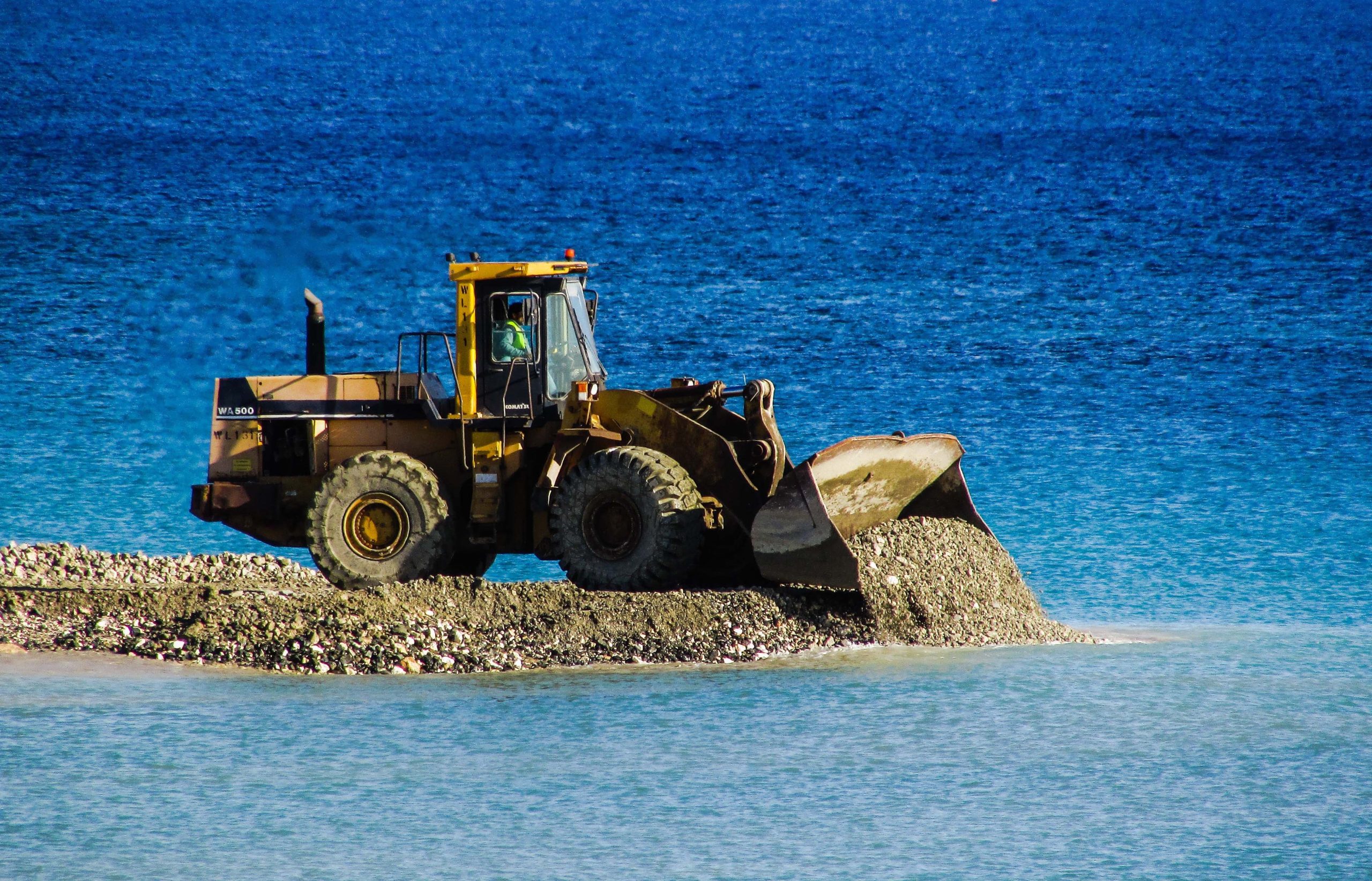
Hungarian Prime Minister Viktor Orban publicly denounced the policy of blackmailing EU officials in a speech he gave recently at the NatCon (National Conservatism Conference) in Brussels. Viktor Orban believes that the system created by these officials is a system of conditionalities that refers to the imposition of migration, homosexuality and war. And member states that oppose these policies coming from Brussels will no longer receive funds from the EU budget. It’s time for the corrupt bureaucrats in Brussels to disappear!
“They created the so-called conditionality system, rule of law and conditionality system which proved to be, finally, an instrument of political blackmailing. If you don’t behave as they expect, you don’t get the money. Ursula von Der Leyen said clearly: Hungary doesn’t get the money because of the migration policy, full point. Hungary will not get the money because of the anti-gender policy. Full point. So it’s political blackmailing. So now we have a leadership in the European Union with some major projects selected by themselves like green transition, RRF policy, migration, war and sanction policy, and they all failed. The present leadership of the European Union must go away and we need new leaders”, claimed Prime Minister Viktor Orban.
Migration is a crime, not a human right
According to Prime Minister Viktor Orban, Hungarian law considers illegal border crossing “a criminal offence and not a human right”. This is why Hungarian law enforcement agencies are stopping illegal migrants from crossing borders in their attempt to reach countries like Austria and Germany, where the social system favours and protects migrants and asylum seekers. At the same time, the Hungarian Prime Minister, in a discussion with Yoram Hazony, director of the Herzl Institute, argued that migrants waiting for their asylum applications to be assessed should do so outside the borders of the European Union and not in the Member States whose territories they entered illegally. Orban added that if Europe fails to do this, the migration problem can never be solved.
Viktor Orban also told the National Conservative Conference in Brussels that Hungary does not want a mixed society and wants to protect its borders and preserve its traditions and culture. Orban was keen to reiterate that there was no requirement for a common European Union migration strategy, but for member states to decide individually how they wanted to “solve the migration problem”. Prime Minister Viktor Orban was keen to underline what he has repeatedly stated before, namely that the migration issue is primarily linked to questions of civilisation, as Europe is rooted in Christianity, and those who now want to settle here, especially in the EU, come from other cultures, mainly cultures of Muslim origin.
“Each person should decide for themselves what ‘environment and culture’ they want to create in their own country and refrain from imposing their will on others,” the Hungarian Prime Minister concluded at the NatCon conference.
Orban added that Hungary believes that the mixed society imagined by the liberals “would not end well”.
The war between Russia and Ukraine is not Hungary’s war
Asked to comment on the geopolitical situation in Eastern Europe, Viktor Orban said Hungary no longer wants a common border with Russia, as it had in Soviet times. At the same time Hungary recognises Ukraine’s rights and independence and through the voice of Prime Minister Viktor Orban, the Russian attack on Ukraine is a flagrant violation of all international treaties and respected common values. The Hungarian Prime Minister did not miss the opportunity to point out that, it must be admitted, Ukraine “is currently a protectorate of the West”, which means that the country would not exist without the continuous supply of arms and ammunition and the unfailing financial support coming largely from EU member states.
“Ukraine is currently a protectorate of the West, the country would not exist without the continuous supply of arms and financial support. Ukraine is no longer an independent country,” claimed Viktor Orban.
Concerning Hungary’s positive economic ties with Russia, Orban clarified that the Hungarian government was not inclined to sever economic connections with Russian firms. He emphasized that Vladimir Putin’s conflict in Ukraine wasn’t Hungary’s own.
“Ukrainians want to defend their country, it is their decision,” the Hungarian PM said.
Viktor Orban goes on to say that the real reason for the war is actually linked to the issue of Ukraine’s possible NATO membership. That is why the Russian Federation will never tolerate Ukraine to become a member of the Alliance in its current form and Vladimir Putin will do anything, no matter what the costs will be, to ensure that it remains a neutral zone between NATO and Russia. The Hungarian PM believes that a ceasefire and peace talks would be preferable to continuing the war.
“It must be accepted that Ukraine cannot win on the battlefield. This is the truth,” Viktor Orban stressed.
In two years’ time Hungary will have a sea outlet
If we look at Prime Minister Orban’s economic-strategic game, the great Hungarian dream of a Hungarian exit to the sea is about to come true. Back in the summer of 2019, the Hungarian government announced that it would build a port in Trieste, Italy. Just that year, the agreement was formalised whereby Hungary received the concession right to a 300-metre area of the Italian port of Trieste.
The stated purpose of Hungary’s 60-year concession of part of the port of Trieste is to support and increase the commercial activities of companies registered for tax purposes in Hungary. But before reaching this agreement with the government led by Georgia Meloni, the Orban government initially targeted the Slovenian port of Koper. The Slovenian deal fell through because Janez Jansa, the Hungarian prime minister’s ally, was not re-elected as Slovenia’s leader. The concession process for part of the port of Trieste was a long one (more than a year and a half of negotiations) and was not finalised until 2020, and the amount paid to the Italian government for the concession is not insignificant. Hungary paid €31 million to have its own coastline in the Adriatic Sea. Hungarian foreign and trade minister Peter Szijjarto announced two years ago that the agreement with the Italian government would allow preparatory investments to be launched so Hungarian firms could use Hungary’s share of the port of Trieste for their export activities.

Through the joint development programme, Italy and Hungary intend to make Trieste one of the most important ports in Central Europe. This will give Hungary a 300-metre coastline and an area of 32 hectares. According to Peter Szijjarto, it is expected that from 2026 the development concept for the port of Trieste will lead to the creation of a port capable of handling 2.5 million goods a year, both by road and rail. It should be recalled that the port of Trieste is located at a distance of about 550 kilometres from Budapest, which means a considerable reduction in the transport time of goods arriving in the EU by sea. Given that Italy, Slovenia and Hungary are in the Schengen area, unlike the goods coming from South-East Europe by land via Bulgaria and Romania (which are not part of the Schengen economic area, which is why the lorries stay at customs for days), the goods to be unloaded at the port of Trieste will reach European consumers much more quickly.
Hungary’s deputy minister for foreign affairs and trade, Levente Magyar, recently revealed that talks with the Italian side on preparing the project are ongoing. The dredging and silting works could start this year and the infrastructure investment is estimated at almost €100 million. A Hungarian state-owned company, Adria Port, will be in charge of developing the port of Trieste. The news is encouraging, especially as Peter Tibor Garai, CEO of Adria Port, has announced that the port could be operational in two years’ time, in 2026. It remains to be seen whether this will be possible.



 Subscribe
Subscribe